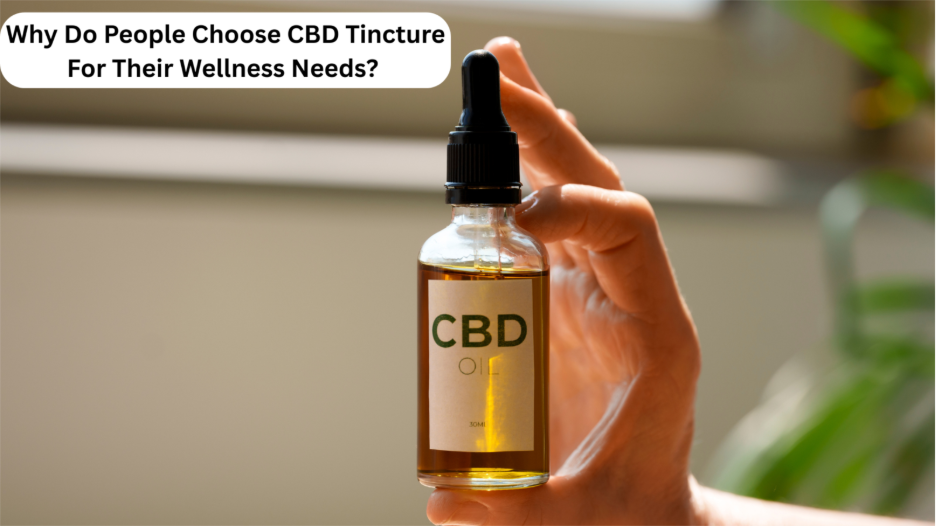In the pursuit of fitness goals, many focus on the intensity and effectiveness of their workouts, often fueled by pre-workout supplements. However, the journey to maximizing gains extends beyond the gym and into the crucial phase of recovery. Recovery supplements play a vital role in optimizing the body’s ability to repair, rebuild, and rejuvenate after intense exercise. This article delves into the science of recovery, exploring how strategically pairing the right recovery supplements with your pre-workout can amplify your results, enhance performance, and accelerate your progress toward your fitness aspirations.
Understanding the Importance of Recovery
While pre-workout supplements provide the energy and focus to power through challenging workouts, recovery supplements provide the building blocks for muscle repair, growth, and overall recovery. Intense exercise creates microscopic tears in muscle fibers, depletes energy stores, and generates metabolic byproducts that contribute to fatigue and soreness. Recovery supplements help address these physiological demands by providing the nutrients and compounds necessary for muscle protein synthesis, glycogen replenishment, and reduction of inflammation. Effective recovery not only reduces muscle soreness and fatigue but also prepares your body for subsequent workouts, allowing you to train harder and more frequently. By prioritizing recovery, you can optimize your performance, reduce the risk of injury, and accelerate your progress toward your fitness goals.
Key Recovery Supplements and Their Benefits
Protein: The Building Block of Muscle
Protein is absolutely essential when it comes to muscle repair and growth. When you consume protein after a workout, you’re supplying your body with the amino acids it needs to rebuild and reinforce those damaged tissues. This process, known as muscle protein synthesis, is the key to increasing muscle mass and strength. Whey protein, a rapidly absorbed protein derived from milk, is a popular choice for post-workout recovery because it delivers amino acids to your muscles quickly and efficiently. This rapid absorption helps kickstart the recovery process and maximize muscle protein synthesis.
BCAAs: Fueling Muscle Growth and Repair
Branched-chain amino acids (BCAAs) – leucine, isoleucine, and valine – are a special group of essential amino acids that play a vital role in muscle growth and repair. They’re considered “essential” because your body can’t produce them on its own, so you need to obtain them through your diet or supplementation. BCAAs are unique because they are metabolized directly in the muscle tissue, unlike other amino acids that are processed by the liver. This means they can be used immediately for energy production and muscle protein synthesis. Supplementing with BCAAs can help speed up the recovery process, reduce the muscle soreness that often follows intense workouts, and even improve your exercise performance by providing your muscles with a readily available fuel source.
Creatine: Enhancing Strength and Power
Creatine is a naturally occurring compound found primarily in muscle cells. It plays a crucial role in energy production, particularly during high-intensity activities like weightlifting and sprinting. Alongside oxygenation supplements, creatine helps regenerate adenosine triphosphate (ATP), which is the primary energy source that your muscles use for contraction. When your ATP stores are depleted, your muscles fatigue, and your performance suffers. By increasing your creatine levels through supplementation, you can enhance your body’s ability to produce ATP, leading to improved strength, power output, and muscle growth. Creatine is particularly beneficial for activities that require short bursts of intense energy, as it helps your muscles replenish ATP more quickly, allowing you to push harder and longer during your workouts.
Glutamine: Supporting Immune Function and Gut Health
Glutamine is the most abundant amino acid in your body, and it plays a critical role in various physiological processes, including immune function, gut health, and muscle recovery. It’s a key component of the proteins that make up your immune cells, and it helps maintain the integrity of your gut lining, which is essential for nutrient absorption and overall health. Intense exercise can significantly deplete your body’s glutamine stores, which can compromise your immune system and hinder muscle recovery. Supplementing with glutamine can help replenish these depleted stores, supporting immune health, reducing muscle soreness, and promoting overall recovery from intense physical activity.
ZMA Pills: Promoting Sleep and Recovery
ZMA is a popular supplement that combines zinc, magnesium, and vitamin B6. Zinc is involved in protein synthesis and cell growth, while magnesium is essential for muscle function and nerve transmission. Vitamin B6 helps convert food into energy and supports healthy brain function. ZMA pills can help improve sleep quality, which is often compromised by intense exercise and the stimulating effects of pre-workout supplements. Quality sleep is crucial for muscle repair, growth hormone production, and overall recovery, making ZMA a valuable addition to your recovery supplement regimen.
Pairing Recovery Supplements with Your Pre-Workout
Strategically pairing recovery supplements with your pre-workout can create a synergistic effect, maximizing your gains and enhancing your overall fitness experience. Pre-workout supplements often contain stimulants, such as caffeine, that can enhance energy, focus, and performance. However, these stimulants can also interfere with sleep, which is essential for optimal recovery. Pairing your pre-workout with ZMA pills can help mitigate the negative effects of stimulants on sleep, promoting restful sleep and enhancing recovery.
The timing of your recovery supplements is crucial for maximizing their benefits. Consuming a fast-absorbing protein source, such as whey protein, within 30-60 minutes after your workout can help kickstart muscle protein synthesis and replenish glycogen stores. BCAAs can be taken before, during, or after your workout to support muscle growth and reduce muscle breakdown. The ideal pairing of recovery supplements will vary depending on your individual needs, fitness goals, and the specific pre workout supplement sale you use. Consider your workout intensity, the ingredients in your pre-workout, and any specific recovery needs you may have.
Beyond Supplements: Holistic Recovery Strategies
Proper nutrition and hydration are essential for recovery. Consume a balanced diet that provides adequate protein, carbohydrates, and healthy fats to support muscle repair, glycogen replenishment, and overall recovery. Stay hydrated by drinking plenty of water throughout the day, especially before, during, and after your workouts. Adequate sleep is equally crucial for muscle repair, growth hormone production, and overall recovery. Aim for 7-9 hours of quality sleep each night. Manage stress through relaxation techniques, such as meditation, yoga, or spending time in nature, as stress can negatively impact recovery and hormone balance. Incorporating active recovery into your routine can promote blood flow, reduce muscle soreness, and enhance recovery. Engage in low-impact activities, such as walking, swimming, or cycling, on your rest days to promote circulation and recovery without overtaxing your muscles.
Conclusion
Maximizing your gains is a multifaceted endeavor that extends beyond the gym and into the crucial phase of recovery. By strategically pairing the right recovery supplements, such as protein, BCAAs, creatine, glutamine, and ZMA pills, with your pre-workout, you can amplify your results, enhance performance, and accelerate your progress toward your fitness aspirations. Embrace a holistic approach to recovery that encompasses nutrition, hydration, sleep, stress management, and active recovery to optimize your body’s ability to repair, rebuild, and rejuvenate. Remember, recovery is not an afterthought but an integral part of the fitness journey, paving the way for continuous improvement, enhanced performance, and the achievement of your fitness goals.





























































































































